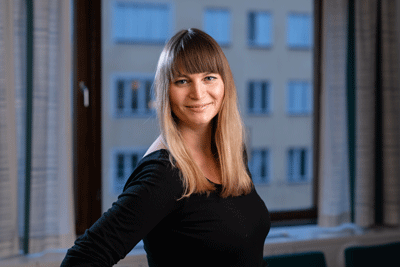
The sharing economy and the transformation of work
Abstract
Abstract
Purpose
This article explores the various stakeholders’ perceptions of the ways digital work is organised within the sharing economy and the social implications of the transformation of work.
Design/methodology/approach
Applying social media analytics (SMA) concerning the sharing economy platform Foodora, a total of 3,251 user-generated content was collected and organised throughout the social media landscape in Sweden over 12 months, and 18 stakeholder groups were identified, discussing digital work within seven thematic categories.
Findings
The results show that the stakeholder groups in the Swedish context primarily expressed negative views of Foodora’s way of organising digital work. The social media posts outlined the distributive and procedural justice related to the working conditions, boycott and protests and critical incidents, as well as the collective bargaining of Foodora.
Originality/value
By utilising a novel SMA method, this study contributes to the extant literature on the sharing economy by providing a systematic assessment concerning the impact of the sharing economy platform on the transformation of work and the associated social consequences.
Geissinger, A., Laurell, C., Öberg, C., Sandström, C. and Suseno, Y. (2022), “The sharing economy and the transformation of work: evidence from Foodora”, Personnel Review, Vol. 51 No. 2, pp. 584-602.
Details
- Author
- Geissinger, A., Laurell, C., Öberg, C., Sandström, C., & Suseno, Y.
- Publication year
- 2022
- Published in
Personnel review.

